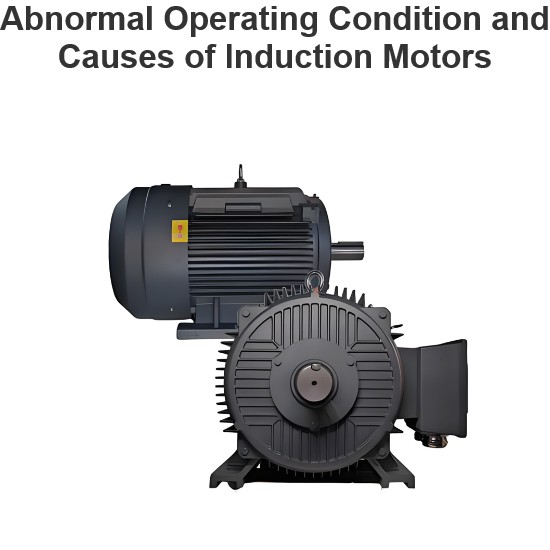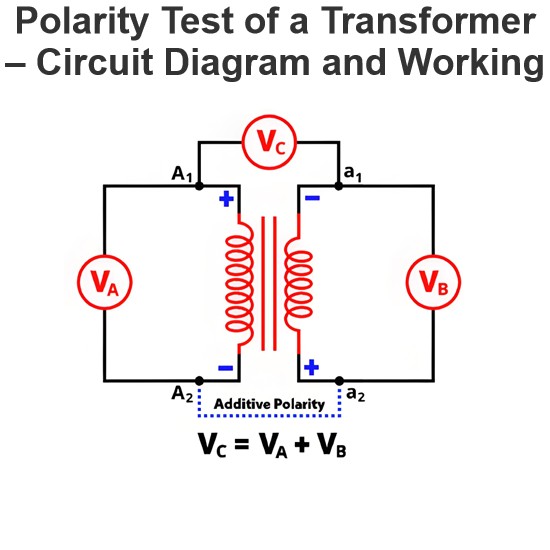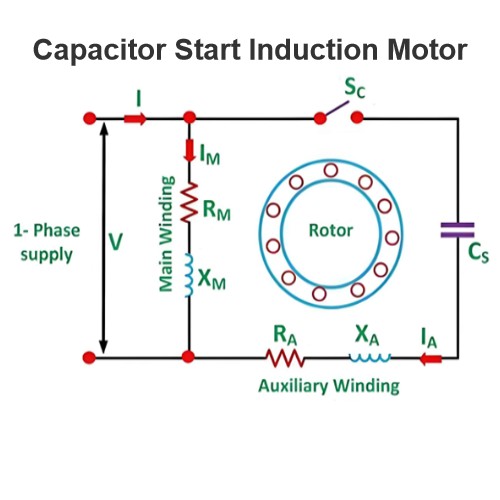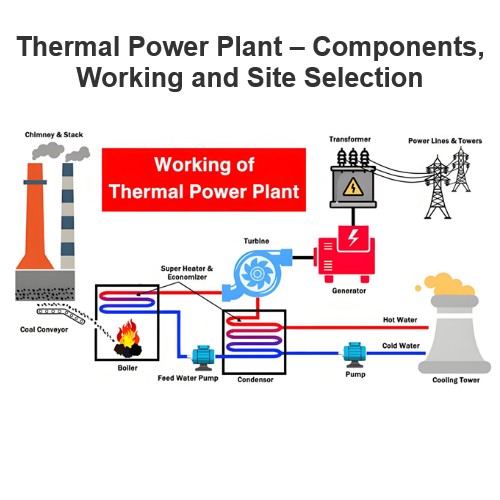Why is the starting torque of an induction motor higher, and what are its reduction techniques?
Reasons for High Starting Torque
High Starting Current: During startup, an induction motor draws a high starting current, typically 5 to 7 times the rated current. This high current increases the magnetic flux density, resulting in a higher starting torque.
Low Power Factor: At startup, the motor operates at a low power factor, meaning that most of the current is used to establish the magnetic field rather than producing useful torque.
Design Characteristics: To provide sufficient torque during startup, induction motors are designed to have high torque characteristics at low speeds.
Methods to Reduce Starting Torque
Voltage Reduction Starting
Principle: Reduce the voltage applied to the motor to decrease the starting current and torque.
Methods
Star-Delta Starting: During startup, the motor is connected in a star configuration, and then switched to a delta configuration once it reaches a certain speed.
Auto-transformer Starting: Use an auto-transformer to reduce the starting voltage.
Series Resistor or Reactor Starting: Insert resistors or reactors in series with the motor during startup to reduce the starting voltage.
Using a Soft Starter
Principle: Gradually increase the voltage applied to the motor to smooth the startup process, reducing the starting current and torque.
Method: Use a soft starter to control the startup voltage, gradually increasing it to the rated value.
Using a Variable Frequency Drive (VFD)
Principle: Control the motor's speed and torque by varying the frequency and voltage of the power supply.
Method: Use a VFD to start the motor at a low frequency and voltage, gradually increasing both until the rated values are reached.
DC Injection Braking
Principle: Inject DC current into the stator windings before or during startup to produce a magnetic field that reduces the starting torque.
Method: Control the magnitude and duration of the DC current to regulate the starting torque.
Using Dual-Speed or Multi-Speed Motors
Principle: Change the winding connections of the motor to achieve different speeds and torque characteristics.
Method: Design multi-speed motors that operate at a lower speed during startup and switch to a higher speed after startup.
Optimizing Motor Design
Principle: Improve the motor design to reduce magnetic flux density and starting current during startup.
Method: Select appropriate winding designs and materials, and optimize the magnetic circuit structure to reduce magnetic saturation during startup.
Summary
The high starting torque of induction motors is determined by their design and operating principles. However, various methods can be employed to reduce the starting torque and minimize the impact on the power grid and mechanical systems. Common methods include voltage reduction starting, using soft starters, using variable frequency drives (VFDs), DC injection braking, using dual-speed or multi-speed motors, and optimizing motor design. The choice of method should be based on specific application requirements and system conditions.
The Electricity Encyclopedia is dedicated to accelerating the dissemination and application of electricity knowledge and adding impetus to the development and innovation of the electricity industry.













